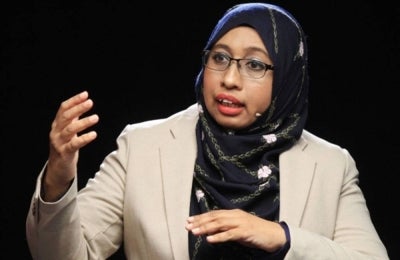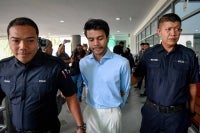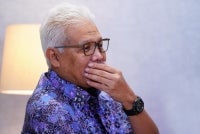ICJ’s interim ruling on Israel Gaza Genocide – a win to South Africa, an indirect order for a ceasefire
NUR SYAKIRAH MAIMUN AQSHA
The International Court of Justice ("ICJ"), in responding to South Africa's request, issued a directive with an overwhelming majority, urging Israel to take effective measures to prevent further harm to the Palestinian people. While the order did not explicitly mandate a ‘ceasefire’, it significantly addressed South Africa's demands while rejecting Israel's plea to dismiss the case, contending that it falls outside the ICJ's jurisdiction.
As many characterise it as a loss due to the absence of explicit mention of the word ‘ceasefire’ in the order, what the ICJ did was decisive and should hold significant weight.
This outcome exceeds our expectations and surpasses what we could have foreseen. There is no way to comply with the ICJ ruling other than through an almost complete ceasefire. On the same note, it is also pertinent to interpret the ruling within the legal framework.
The order, among others, stipulates that the state of Israel shall ensure with immediate effect, that its military does not commit any acts within the scope of Article II of the Genocide Convention.
These include:
a) killing of members of a group (Palestinians),
b) Causing serious bodily or mental harm,
c) deliberately inflicting on the group condition of life calculated to bring about its physical destruction,
d) imposing measures intended to prevent births within the group.
This implies an indirect order to halt military operations – an immediate ceasefire in effect. The order provides a prescriptive list for it instead of explicitly including the word ‘ceasefire’.
A worthy to note is an argument made by the South African Foreign Minister Naledi Pandor.
She said: "How can aid and water be provided without a ceasefire? If you read the order, a ceasefire must happen by implication."
Legally speaking, a ‘ceasefire’ is what you demand in armed conflicts, and in cases of genocide, it demands an immediate end to all genocidal acts. As neither Hamas nor any other force in Gaza were parties to the case, a 'ceasefire' could never have been in the ruling.
There must be two combatant groups for a ceasefire agreement to take effect. Since ICJ doesn’t have jurisdiction over Hamas because it’s not party to the ICJ, it can’t simply order Hamas to do anything.
If it can’t order both parties to a ceasefire, it can’t demand a ceasefire.
This is entirely distinct and shares no similarity with the Russia–Ukraine case, where both are parties to the proceedings, when the court issued a unilateral withdrawal order against Russia. Additionally, it was not an order related to the prevention of genocide.
A more comparable scenario is the case of Bosnia–Herzegovina. By comparison to the Israel – Gaza case, you can see that the orders for Israel are stronger especially with specifying acts for particular attention and order to prevent their military from committing the acts highlighted in the Convention.
Nevertheless, Israel has 30 days to ensure compliance with the order, and this includes reporting to the ICJ, alongside supervision by South Africa.
If the finding is non-compliance, then Israel could be found defying a legally binding court order, consequently breaching its international obligations as a state party to the Genocide Convention.
This entire process would also be a critical phase for the investigation in the preparation of prosecuting Israeli officials before the International Criminal Court (“ICC”).
While South Africa must be applauded for its significant win, it is crucial to note that the ICJ ruling does not solely hinge on Israel’s future actions. It is foreseeable, through various channels, that Israel may choose to disregard any rulings.
This ruling emphasises a much broader objective of compelling the whole world to acknowledge its responsibility — to stop an entity officially accused of genocide by the world’s highest court.
Nur Syakirah Maimun Aqsha is a law lecturer at the Faculty of Law, Multimedia University (MMU), and a research member of Centre for Law and Technology (CLT)
The views expressed in this article are the author's own and do not necessarily reflect those of Sinar Daily.
Download Sinar Daily application.Click Here!














